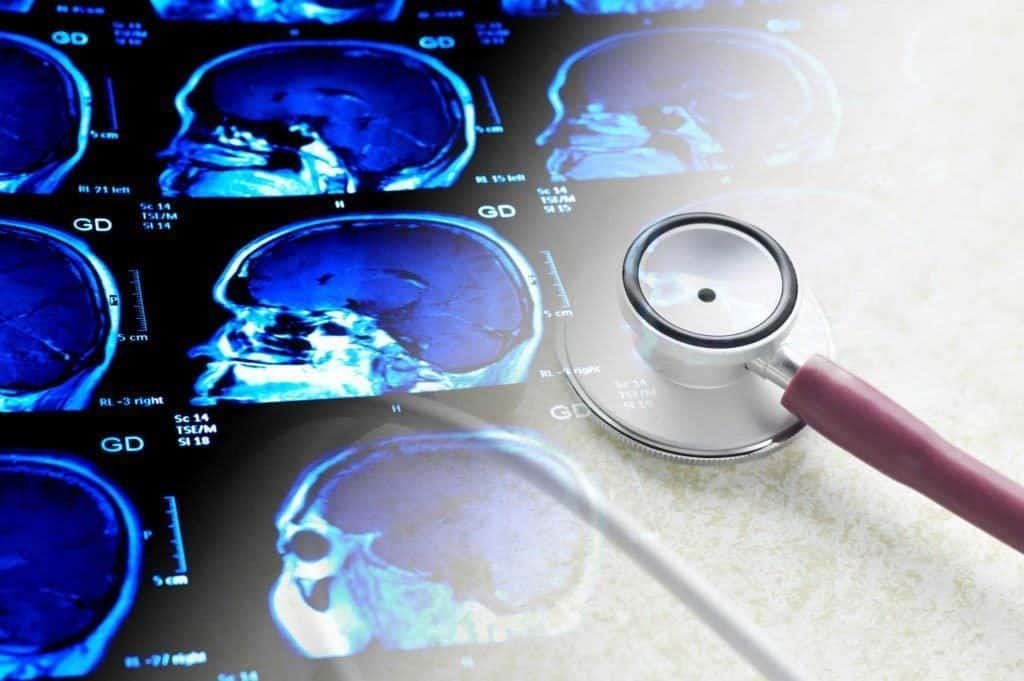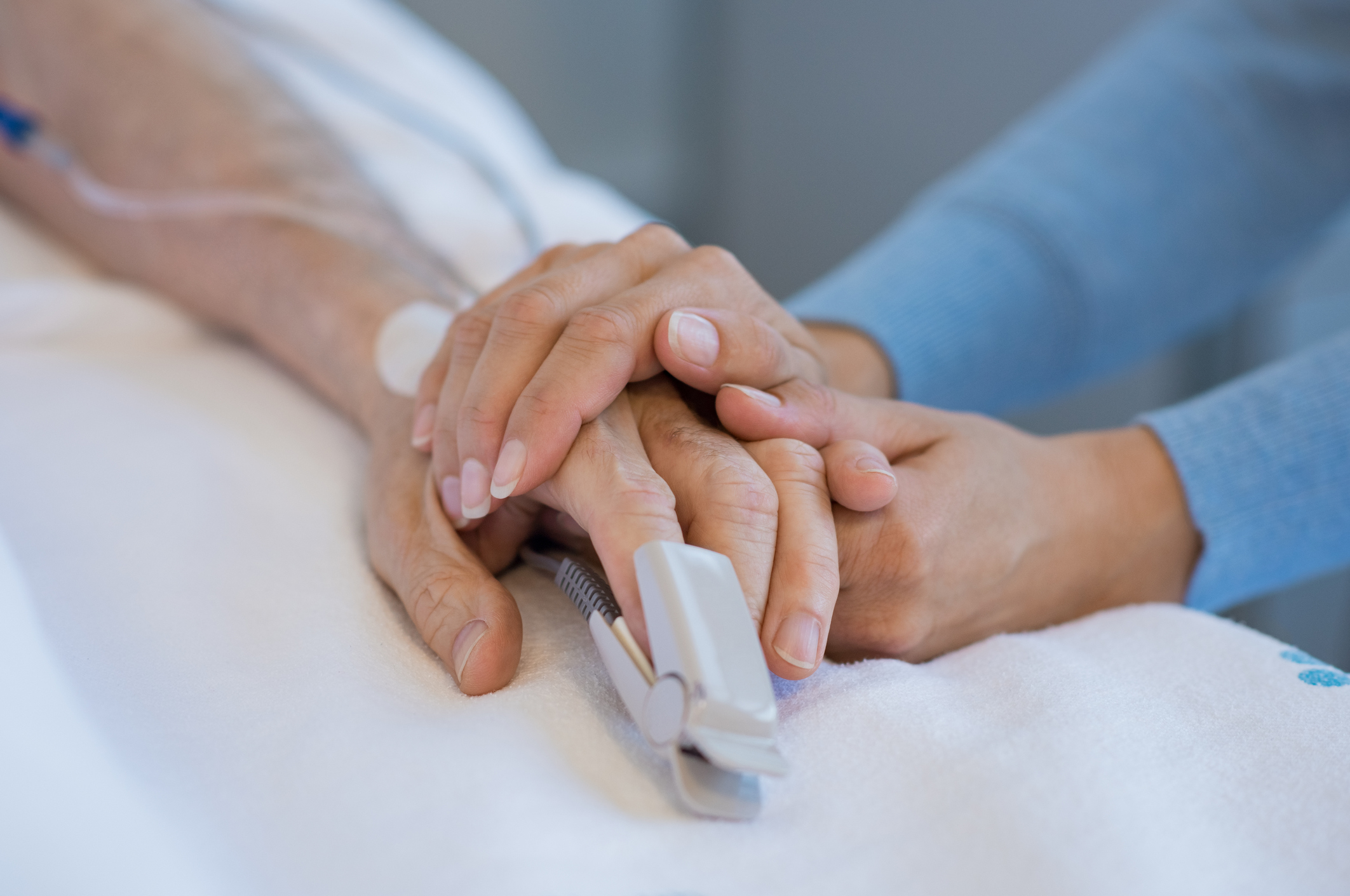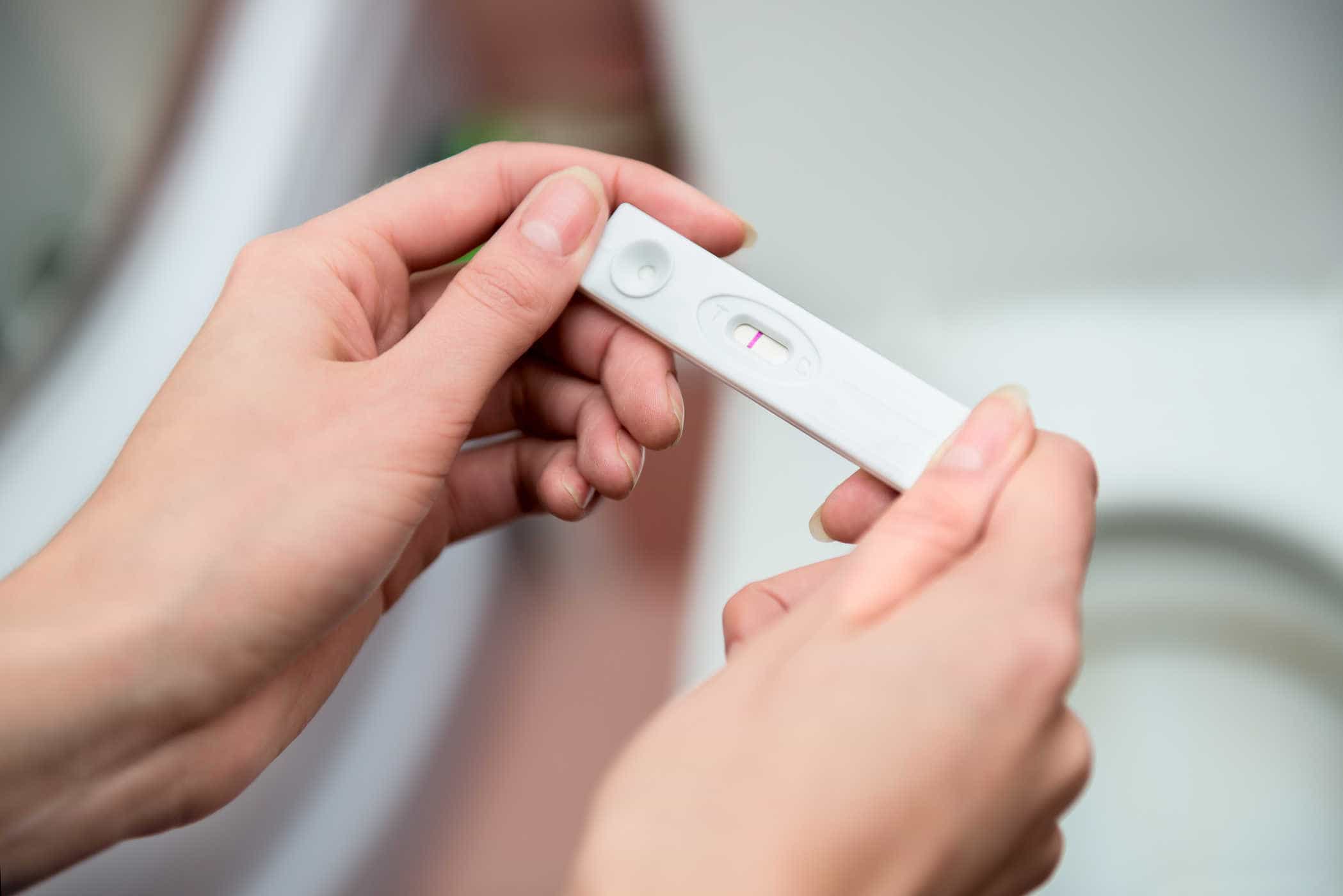Contents:
- Medical Video: Uncovering Facts on Silent Stroke
- How to detect silent stroke
- Difference silent stroke with transient ischemic attack or mild stroke
- Silent strokes are more common than you might think
- Prevent strokes with good habits
Medical Video: Uncovering Facts on Silent Stroke
Have you ever had a stroke? Did you know that you might have had a stroke without your knowing it?
Stroke is a condition where the blood supply to one part of the brain stops suddenly. Some people have strokes without ever knowing it. This condition is called silent stroke, and happens well if your stroke has no recognizable symptoms, or if you have symptoms but don't remember. Although it is known as a "silent stroke" and does not show symptoms, but this stroke can still cause permanent damage to your brain.
If you already have more than one silent strokeYou may have problems with thinking and memory problems. This condition can also cause more severe strokes.
How to detect silent stroke
If you have silent stroke, You might not know that unless you happen to do a brain scan and the doctor finds the disorder accidentally. You may have mild memory problems or a little difficulty remembering. A doctor may be able to see signs of a silent stroke without taking a test.
Difference silent stroke with transient ischemic attack or mild stroke
Like most usual strokes, silent stroke caused by blood clots in the brain that are insoluble.
Warning for stroke, also known as TIA or transient ischemic attach caused by blood clots that dissolve on their own in 5 minutes or less. Unlike silent stroke, TIA conditions do not permanently damage the brain.
If you experience a TIA or a mild stroke, you may have some symptoms of a typical stroke:
- One side of the face is drooping or numb
- Weakness or numbness in one arm or leg
- Slurred speaking and / or difficulty understanding the conversation
- Difficulty understanding the conversation
- Sudden confusion
- Suddenly losing body balance or coordination
- Sudden sudden headache
If you have these symptoms, contact the emergency relief center, even if the symptoms disappear after a few minutes. As with stroke, TIA is a medical emergency and it is important to treat it quickly.
Silent strokes are more common than you might think
A study [of middle-aged people without signs of stroke found that about 10% of them had brain damage. High blood pressure and an irregular heartbeat can increase your risk.
Damage that occurs is permanent, but therapy can help you heal the function that may have been weak by using other parts of your brain.
Prevent strokes with good habits
These healthy habits can help you reduce the risk of both stroke and heart disease:
- Monitor and control your blood pressure
- Monitor and control your cholesterol
- Keep your blood sugar in check
- If you smoke, stop
- Eat healthy foods that include lots of fresh fruits, vegetables, and whole grains
- Reduce eating fat, salt and sugar
- Do exercise regularly
- Keep your weight healthy
READ ALSO:
- 10 Warning Signs If You Are at Risk of Stroke
- Overcoming Atrophy or Muscle Weakness After Stroke
- Atherosclerosis, Fatal Conditions Causes of Stroke and Heart Pain












